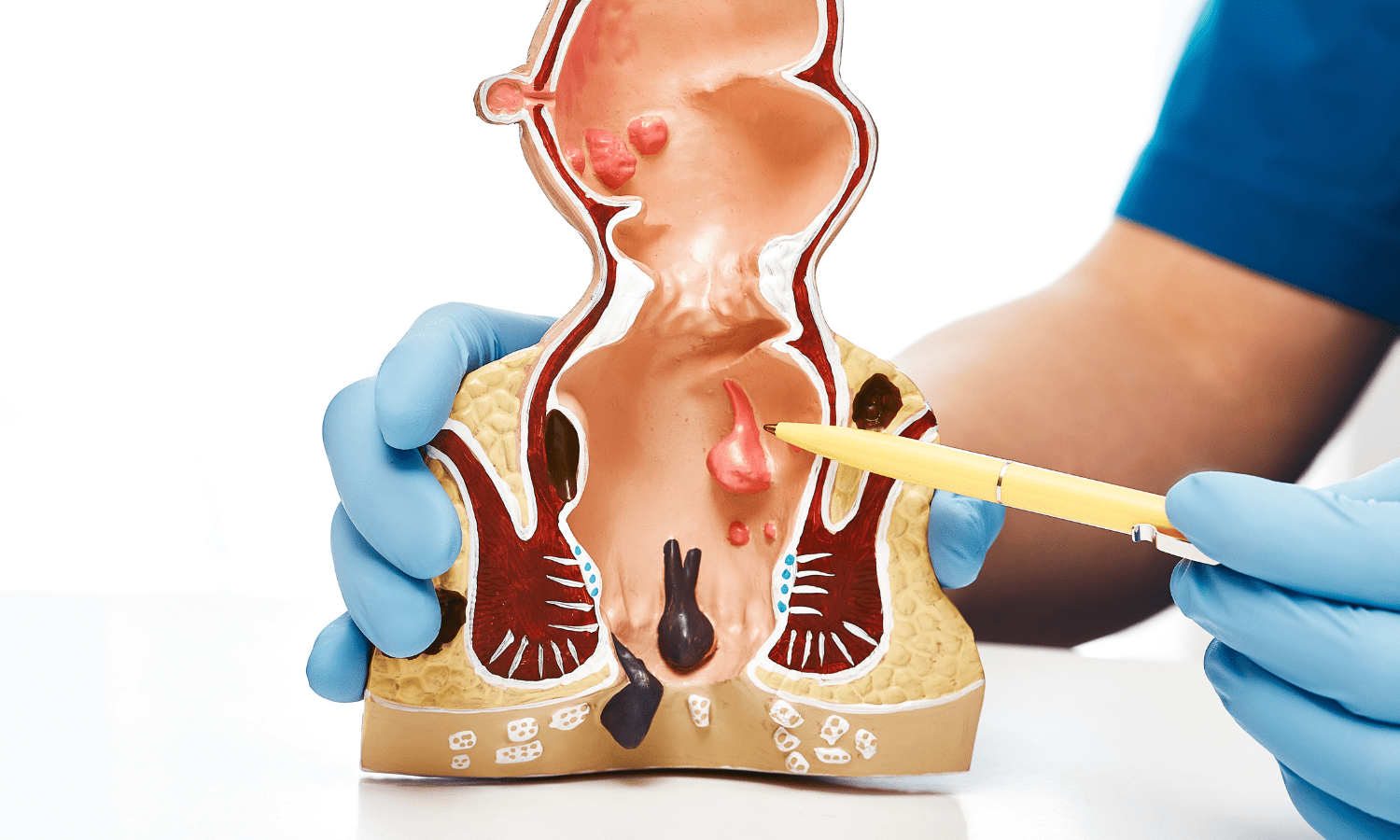Top 5 Myths About Hemorrhoids
Hemorrhoids, often referred to as piles, are more than just a source of discomfort—they're surrounded by a myriad of misconceptions. In this post, we'll dispel the top five myths about hemorrhoids, shedding light on this common condition that affects millions worldwide. Our goal is to provide you with accurate, medically reviewed information so that you can make informed decisions about your health.
Myth 1: Only Older Adults Get Hemorrhoids
Contrary to popular belief, hemorrhoids do not exclusively affect older adults. In reality, they can occur at any age, including in teenagers. While it's true that the likelihood increases with age—over half of those over 50 experience them—hemorrhoids are not age-specific. An estimated 1 in 20 Americans, regardless of age, deal with symptomatic hemorrhoids. This myth likely persists because people become more vocal about such issues as they age, but it's important to recognize that anyone can be affected.
Myth 2: Hemorrhoids Always Require Medical Treatment
It's a common misconception that all hemorrhoid cases necessitate medical intervention. In fact, many hemorrhoids can be effectively managed with at-home treatments. Symptoms like pain and bleeding often improve within a week with self-care measures. These include applying over-the-counter medications, increasing water and fiber intake, and taking warm baths. However, it's essential to seek medical advice if symptoms persist or worsen, as sometimes professional treatment might be necessary.
Myth 3: Hemorrhoids are Always Painful and Cause Severe Symptoms
While hemorrhoids can indeed cause discomfort and pain, not all cases are severe. The experience varies depending on the type of hemorrhoid—external, internal, or prolapsed. For instance, internal hemorrhoids are often less painful and might go unnoticed, while external ones can be more symptomatic. It's also worth noting that most hemorrhoid symptoms improve within a week with proper care, and severe pain is not a constant feature of this condition.
Myth 4: Only Poor Diet and Inactivity Cause Hemorrhoids
Diet and lifestyle play a significant role in hemorrhoid development, but they're not the sole factors. A range of issues, including obesity, pregnancy, chronic constipation or diarrhea, and even the strain of lifting heavy objects, can contribute to their formation. To prevent hemorrhoids, it's recommended to maintain a balanced diet rich in fiber, stay hydrated, remain physically active, and respond promptly to the urge for bowel movements.
Myth 5: Hemorrhoids Always Lead to Serious Complications
A common fear is that hemorrhoids invariably result in severe health issues. However, serious complications from hemorrhoids are rare. While they can be uncomfortable and painful, hemorrhoids typically do not cause significant problems. Some rare complications include anemia, blood clots in external hemorrhoids, infection, and skin tags. It's important to consult a healthcare provider for severe symptoms, but it's equally crucial to know that not all hemorrhoid cases lead to serious health concerns.
Ready to Take the Next Step?
Hemorrhoids are a common condition, yet they're often misunderstood. By dispelling these myths, we hope to provide clarity and encourage those affected to seek proper guidance. Remember, while home remedies can be effective, consulting a healthcare professional is crucial, especially if symptoms are severe or persistent. If you're experiencing discomfort or have concerns about hemorrhoids, don't hesitate to schedule an appointment with our specialists at Indiana Vascular. Our team is dedicated to providing expert care and personalized treatment options to help you achieve the best possible health outcomes.
References
Cleveland Clinic. (2021). Hemorrhoids Treatment, Symptoms, Causes & Prevention. Retrieved from https://my.clevelandclinic.org/health/diseases/15120-hemorrhoids

